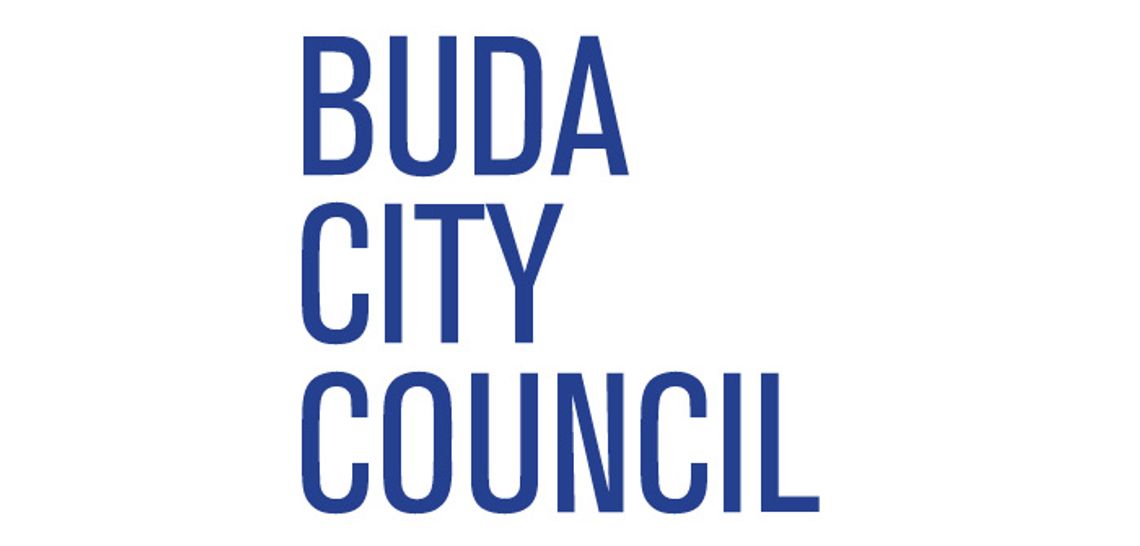When Buda City Council members were presented with an Equality and Justice Resolution at Tuesday night’s meeting, a strong difference of opinion arose, with the mayor on one side and council members on the other.
All members of the council were welcoming of the resolution, with the exception of Mayor George Haehn. In fact, some of his first comments about it were complaints about how the coronavirus has stripped Americans of their freedoms.
The verbal joust went on between Haehn and Council member Ray Bryant about what changes are needed in the country in the aftermath of COVID-19, protests against racism and local changes.










